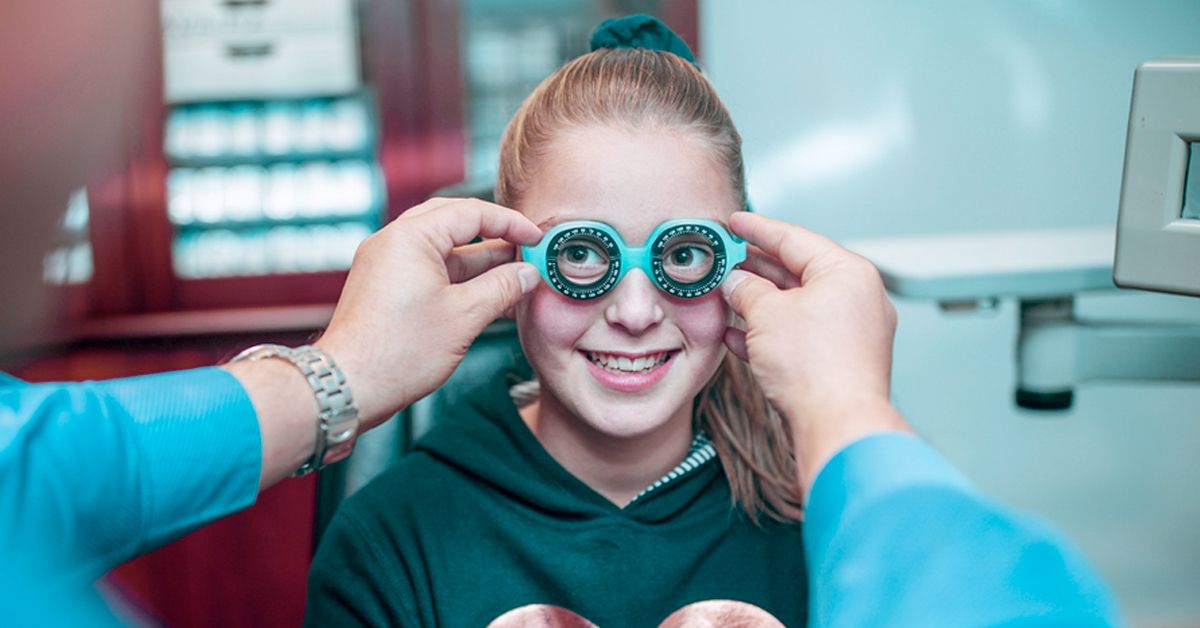Is Refractive Surgical Treatment Right for You? Elements to Take Into Consideration for Better Eyecare
In the world of eye treatment, the choice to go through refractive surgical procedure is a crucial one that requires thoughtful factor to consider. As individuals look for clarity and flexibility from the restrictions of corrective lenses, countless aspects enter into play when determining the viability of such a treatment. From the complexities of one's ocular health to the intricacies of everyday behaviors and individual assumptions, each aspect holds significance in the more comprehensive landscape of refractive surgery candidacy. By evaluating these essential elements with care and accuracy, a more clear course in the direction of informed decision-making emerges.
Eye Health Examination
When considering refractive surgical treatment, a detailed eye wellness assessment is critical to assess the viability of the treatment for every person. neurologist andalusia. This assessment involves a collection of assessments and tests performed by an eye care professional to determine the total wellness of the eyes, the visibility of any type of underlying problems, and the security of the refractive error
Throughout the examination, numerous factors are considered, such as the client's clinical history, existing eye prescription, corneal density, pupil size, and tear movie top quality. These analyses help to identify any contraindications to refractive surgery, such as corneal abnormalities, cataracts, or untreated eye infections. Additionally, the examination assists to manage patient assumptions pertaining to the prospective outcomes of the surgical treatment based upon their special eye qualities.
Eventually, the eye health and wellness assessment is vital in making certain the security and performance of refractive surgical procedure, as it supplies beneficial insights into the person's eye wellness standing and aids determine the most suitable therapy alternatives for achieving optimum visual outcomes. (eye doctors in andalusia)
Way Of Living Assessment
An extensive way of life evaluation is important in identifying the viability of refractive surgical procedure for an individual's aesthetic improvement needs. Way of life aspects such as line of work, pastimes, and daily tasks play a critical role in the decision-making procedure relating to refractive surgical treatment. People with careers that involve a high degree of physical task or exposure to environmental aspects might have various visual demands compared to those with inactive desk jobs. Recognizing exactly how an individual's way of living might influence their vision post-surgery is essential for managing expectations and ensuring optimum results.
Moreover, way of life routines such as sporting activities involvement, outside tasks, or perhaps skincare regimens can affect the recovery procedure and total success of refractive surgical procedure. For example, people that take part in call sports may need to take additional precautions to safeguard their eyes throughout the recovery duration. Furthermore, individuals with considerable sunlight direct exposure may need added post-operative like avoid problems. By carrying out a detailed way of life analysis, eye care specialists can customize their referrals and treatment strategies to meet the one-of-a-kind requirements of each individual, ultimately leading to enhanced aesthetic results and contentment.
Expectation Placement

Patients require to comprehend that while several individuals achieve 20/20 vision or far better following refractive surgery, some might still require glasses for certain tasks like reading or driving at evening. Handling these expectations helps stop frustration and discontentment post-surgery, leading to a more positive overall experience for the person.
Risk Evaluation

Aspects that might increase the danger of problems include age, specific clinical problems like autoimmune illness, unpredictable vision prescription, slim corneas, and impractical patient expectations. In addition, picking a skilled and competent surgeon, following pre and post-operative care instructions vigilantly, and disclosing any appropriate case history can help minimize risks.
To decrease the chance of problems, eye doctors carry out comprehensive pre-operative assessments to recognize any contraindications to surgical procedure. They additionally discuss the prospective risks and advantages with patients during the appointment procedure. By engaging in open communication and shared decision-making, both the patient and the eye doctor can function with each other to determine if refractive surgery is the best option based on private threat accounts and preferred results.
Examination Importance
Considering the vital function of educated decision-making in analyzing dangers and prospective complications in refractive surgery, the consultation procedure holds considerable importance in leading eye center andalusia clients towards optimal end results. During the assessment, the ophthalmologist examines the patient's eye health and wellness, refractive mistakes, and general suitability for surgical treatment. This first assessment is important in establishing one of the most appropriate treatment for each and every person, taking into account elements such as corneal density, student size, and existing eye problems.
Furthermore, the consultation acts as an opportunity for individuals to discuss their assumptions, worries, and any type of inquiries they might have concerning the surgical procedure. Clear interaction in between the doctor and the person is necessary to make sure practical assumptions and a detailed understanding of the prospective risks and benefits entailed.
Furthermore, the examination enables the surgeon to discuss the different medical choices available, their particular outcomes, and the post-operative care required. This detailed discussion encourages individuals to make educated choices concerning their eye care, bring about much better contentment and outcomes post-surgery.
Final Thought
Finally, people considering refractive surgery should undertake an extensive eye wellness assessment, examine their lifestyle routines, align their expectations with prospective outcomes, evaluate the connected threats, and focus on examinations with eye treatment specialists. These aspects play a critical role in determining the viability of refractive surgical treatment for each and every person, ensuring ideal end results and complete satisfaction with the treatment.
Individuals thinking about refractive surgical procedure typically have high assumptions concerning the results, anticipating excellent vision without the need for glasses or get in touch with lenses. While refractive surgical treatment can significantly boost vision and decrease dependency on visual help, it is critical for individuals to comprehend that outcomes might vary based on individual aspects such as the level of refractive error, corneal density, and overall eye health and wellness.
By involving in open communication and shared decision-making, both the eye doctor and the person can function together to figure out if refractive surgery is the ideal option based on individual danger accounts and desired end results.
Considering the crucial function of informed decision-making in examining threats and prospective complications in refractive surgical procedure, the examination procedure holds significant value in guiding individuals towards optimum end results. During the appointment, the eye doctor assesses the individual's eye health and wellness, refractive mistakes, and total suitability for surgical treatment.
Comments on “Expert Neurologist Andalusia: Comprehensive Brain Health Solutions”